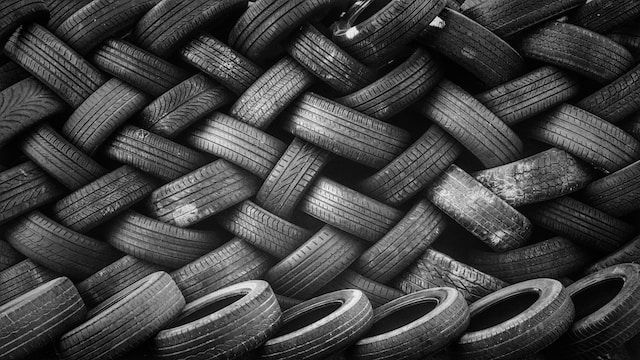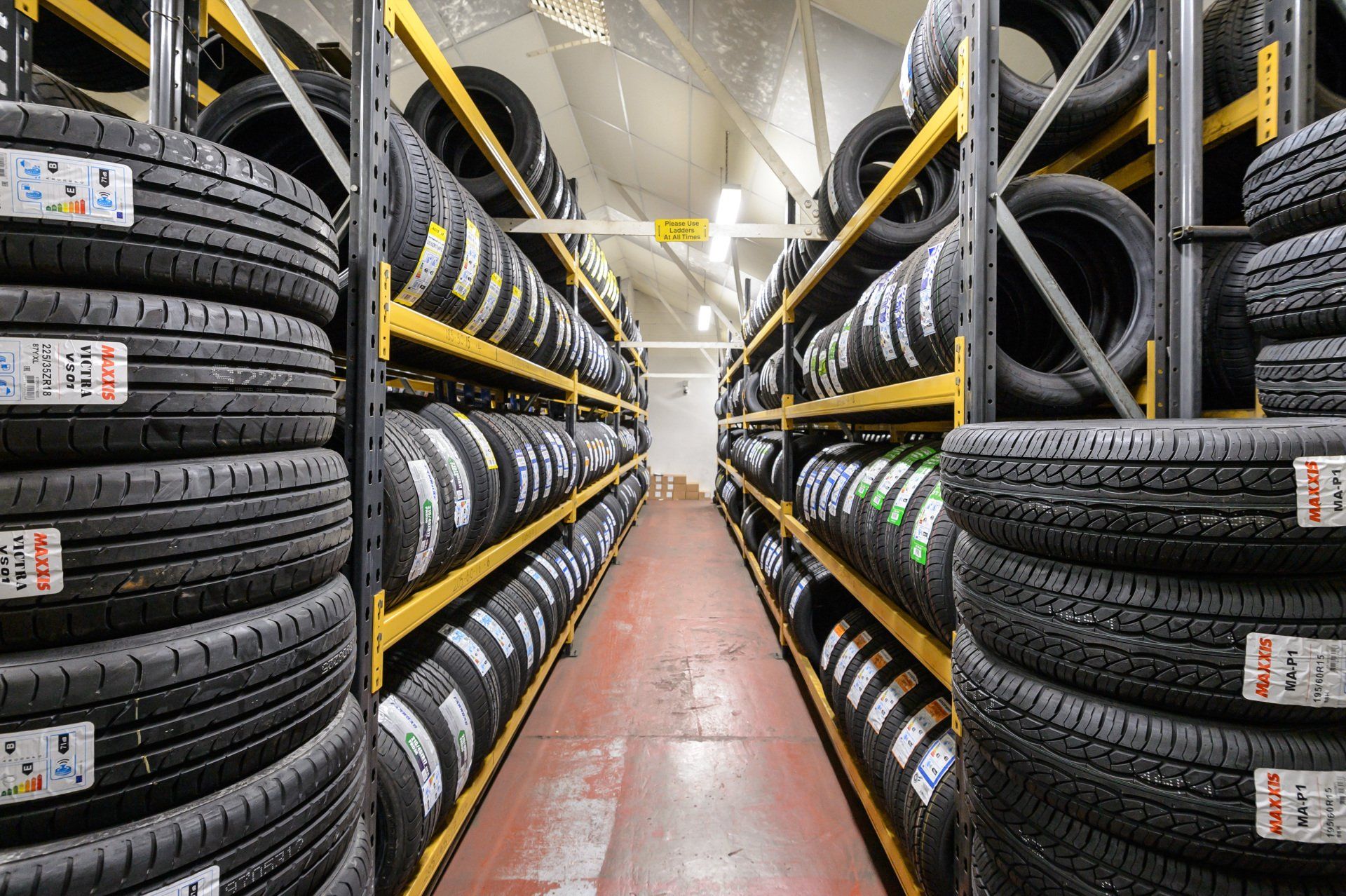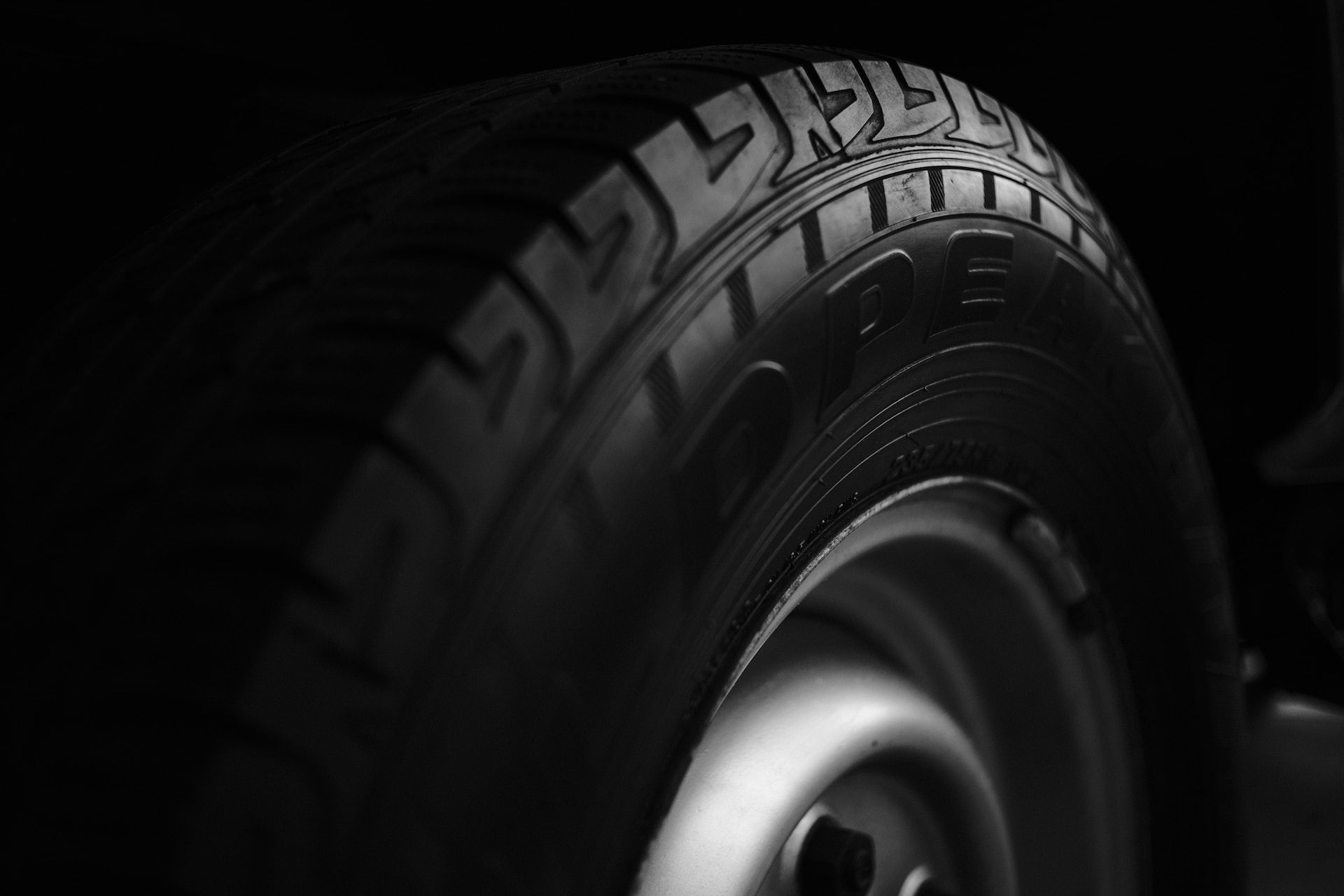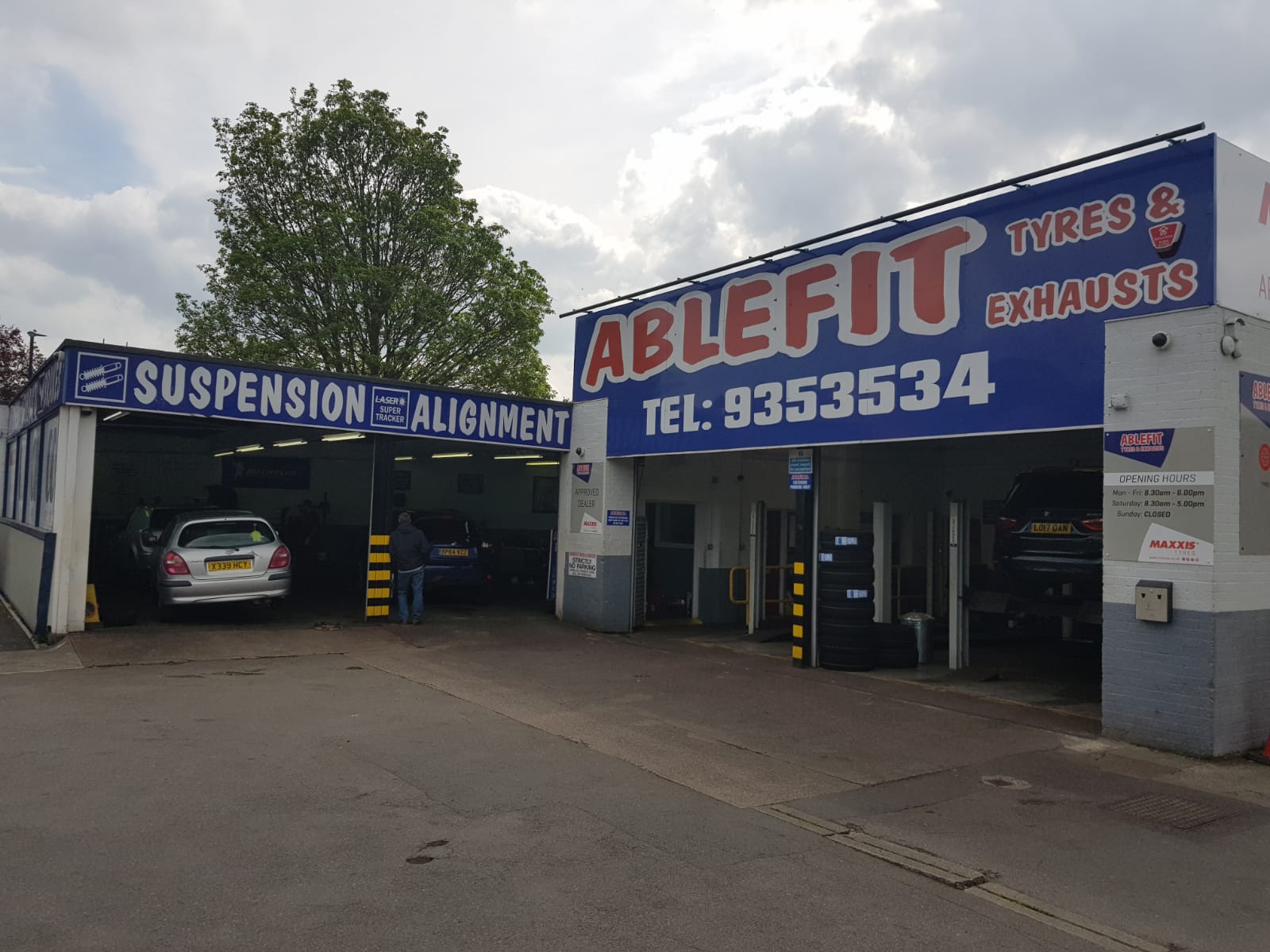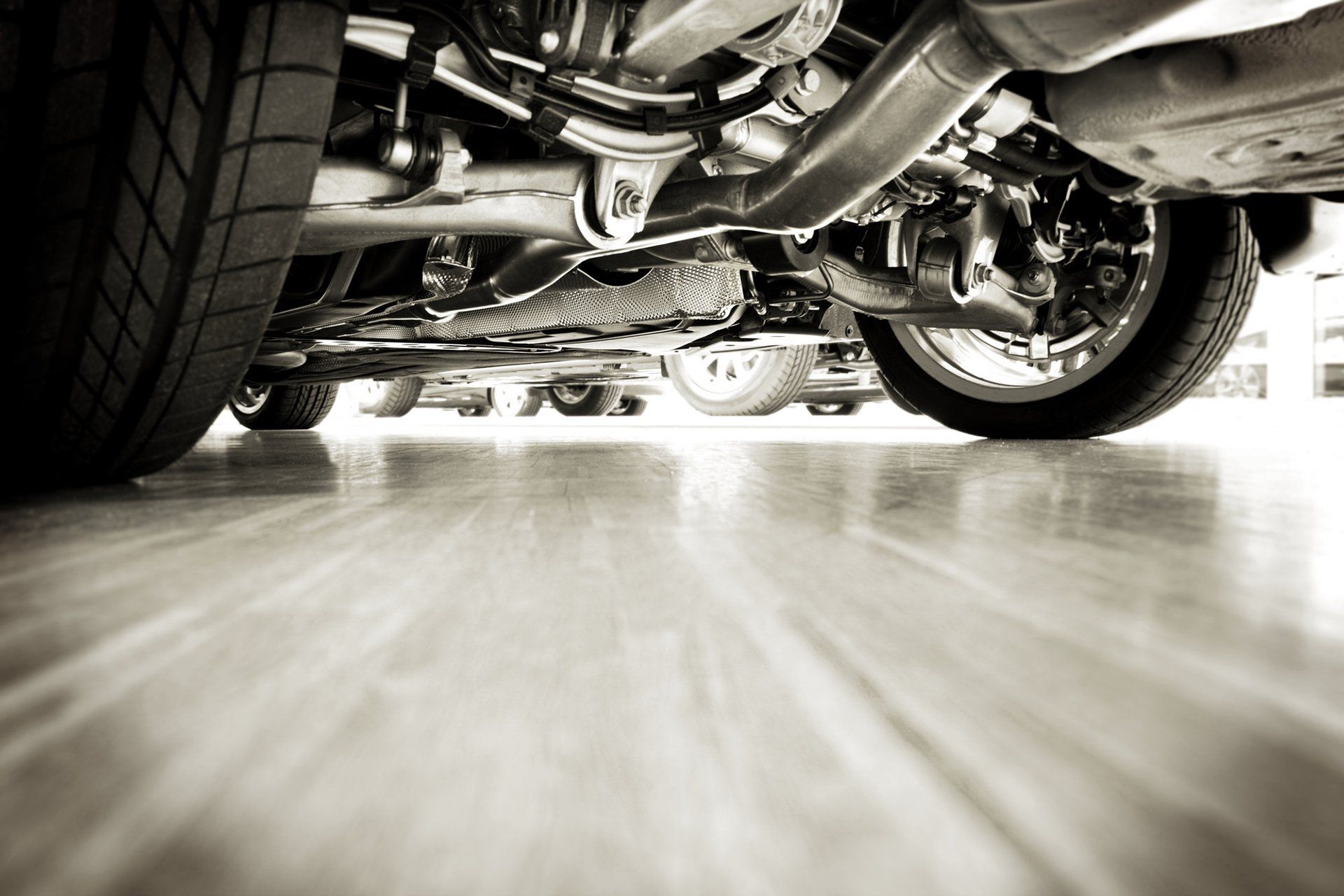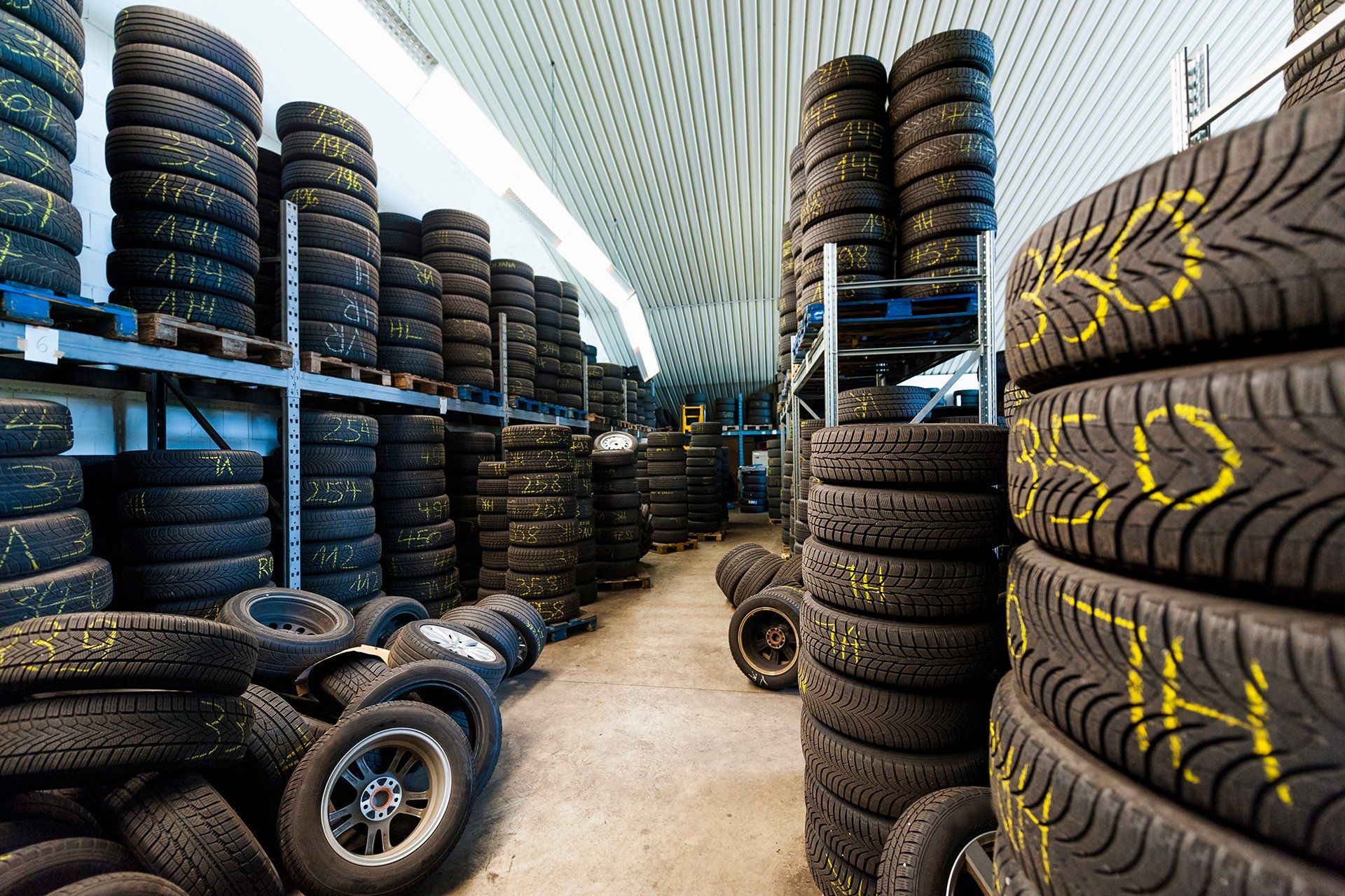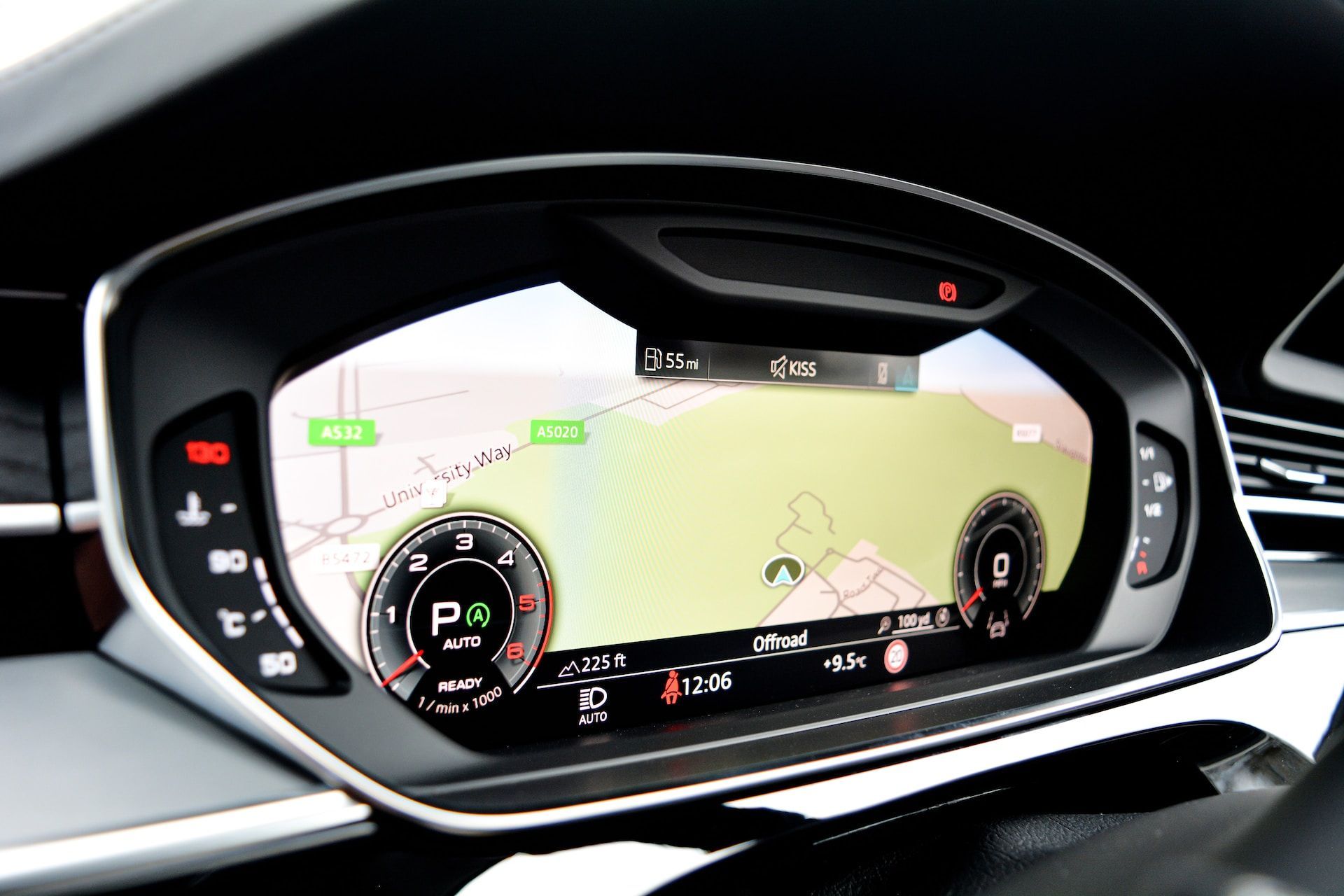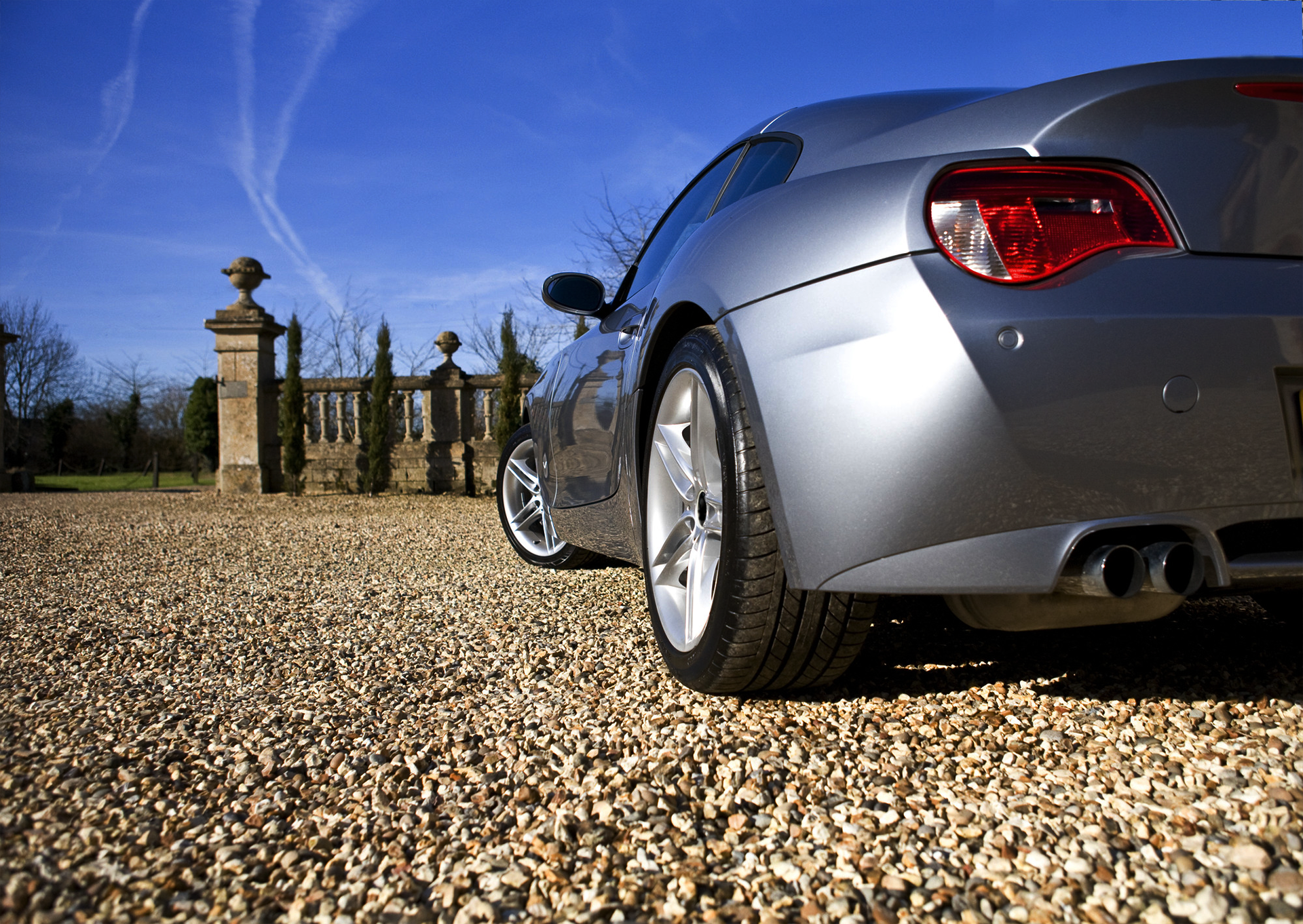How to Know When to Replace Your Brakes
WHen Should You Replace Your Brakes?
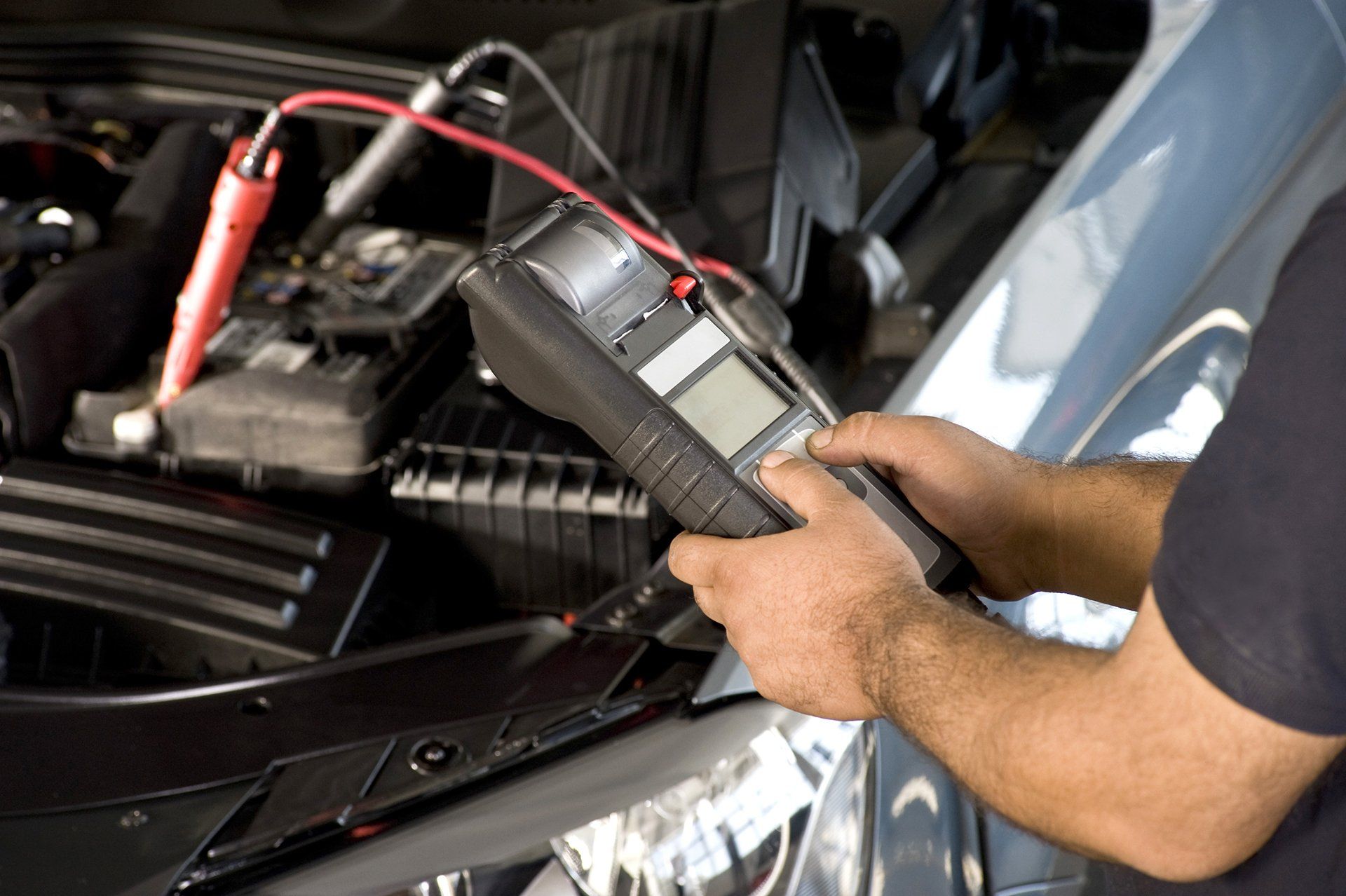
We all know that reliable brakes are crucial for safe and responsible driving. But how do we know when to replace a car’s brake pads?
As a vague rule of thumb, brake pads need replacing every 25,000 - 65,000 miles. Various factors impact the longevity of your brake pads, as we explore below, along with signs that your brake pads might be in need of an update. Keeping an eye and ear on the signals your car is giving you can help to keep you safe on the road.
What impacts my brakes’ lifespan?
25,000-65,000 miles is a huge discrepancy. But that’s because your driving habits and style have a huge impact on how long your brakes will last.
How driving habits impact your brakes
How often you use your brakes will drastically impact how long they last. That doesn’t mean we’re condoning careening around corners! Equally, some people pump the gas and brake repeatedly, and they give their brakes more wear and tear than someone who maintains a regular speed without as much braking. Responsible driving should always be your priority.
How driving conditions impact your brakes
If you drive in urban areas or areas with regular high traffic, with plenty of stop-start driving, you’ll likely need to replace your brake pads significantly sooner than someone who does most of their mileage on the motorway, or in light traffic.
Signs you need to replace your brake pads
It’s great to be aware of how your driving impacts your brakes, but how do you know when they are nearing the end of their lifespan? Here are some key signs:
Warning lights on your dashboard
The arrival of tech in cars means that most cars have sensors. Many will even warn you when your brake pads are deteriorating. It’s worth knowing whether your car has these sensors and keeping an eye out for any lights on the dash. Brake warning lights appearing on your dash in modern cars are usually a brake system warning light and an Antilock Braking System (ABS) light. The brake light is the light which appears when the parking brake is on, too. So if you don’t have the parking brake engaged but the light is on, you need to get professional help with your braking systems.
The car is listing to one side when braking
If you feel the car pulling to one side when you brake, that implies that your brakes may be wearing unevenly, making them unreliable.
Vibrating brake pedal
If you feel the brake pedal vibrating under your foot, that could indicate the brake pads are getting too worn - or could also imply issues with the rotor. Something is wrong with your brakes and they are likely working unevenly. Either way, it’s worth scheduling a check.
Squealing brakes
This is one of the first symptoms to watch out for, indicating excessive wear to your brake pads.
Grinding from the brake
If you feel a grinding sensation when braking, again this can indicate that your brake pads need immediate attention. This could be a sign from the car, as many models have indicators in the metal wear that are there solely to make this unignorable grinding noise to indicate it’s time to replace the brake pads. If you don’t have this inbuilt sensor, grinding indicates that you’ve worn your pads down so much that you’re now damaging the rotors - which will likely be a much more costly repair if not immediately remedied.
Increased stopping time
This is a major sign that your brakes require attention. An increased stopping time may mean your brakes are overworn or could indicate a leak in your brake fluid. Get to a brake specialist as soon as possible.
Extremely sensitive brakes
Similarly to an increased stopping time, oversensitive (or undersensitive) brakes are also a problem. If you have felt an inordinate response when you brake, or your vehicle is jolting at the most sensitive touch of the brakes, your brakes need checking. It might be that your rotors have worn unevenly, or that your brake fluid needs replacement. And if you need to floor the brake to engage it, this is similarly problematic. This could indicate an air bubble in your brake fluid, that the car is low in brake fluid, or that your brake pads have thinned. You need immediate professional attention.
Thin appearance of the brake pads
If your brake pads look thin to the naked eye, that’s a good sign that your brake pads have deteriorated. Look between the spokes of your wheels to find the brake pad. If the total thickness looks less than ¼ inch, you’re probably due a replacement.
A brake fluid leak
Have you noticed a puddle under the car when you’ve parked up on the driveway for a while? Brake fluid looks similar to engine oil, but is less slimy. If you see a small puddle, it’s worth ringing your mechanic and getting the car in for a check to ensure you’ve not got a leak in your brake fluid.
A burning smell, or signs of smoke, when braking
A burning smell is a bad sign. Implying that your brakes or clutch have overheated, if you smell burning you should immediately pull over when safe, and visually inspect your brakes, and get to a specialist as soon as possible.
If you are experiencing any issues at all whilst braking, or you have any suspicions that all might not be functioning correctly, get in touch with Ablefit today. Serving the Bristol area and beyond, our family business is run by experts with more than 15 years of experience.


